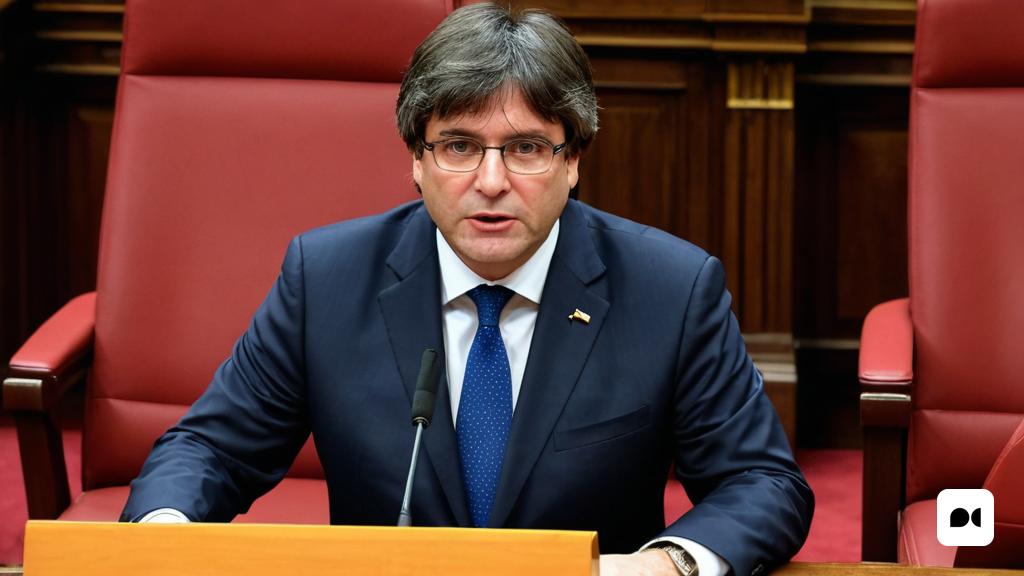A return marked by uncertainty
Carles Puigdemont, president in exile and head of Junts per Catalunya, has recently announced his decision to return to Catalonia. In a message spread through social networks, he expressed his desire to participate in the investiture debate of the new president of the Generalitat, scheduled for Thursday at 10 am.
The need for his presence
Puigdemont stressed that his attendance at Parliament should not be an exceptional event. However, he warned about the possibility of being detained ‘arbitrarily’, highlighting the seriousness of the current political situation and what he considers a ‘democratic anomaly’.
A context of political repression
The exiled leader recalled that he and councilor Lluís Puig are examples of the repression they have suffered because of their involvement in the October 1 referendum. He criticized the refusal of the Supreme Court to apply the Amnesty Law, which he considers essential for political normalization.
A collective response
Shortly after Puigdemont’s announcement, several pro-independence organizations, such as the Catalan National Assembly (ANC) and Òmnium Cultural, called an event to welcome the president in exile. This event is scheduled for 8 am in the Passeig de Lluís Companys, near the Parliament, with the intention of demonstrating massive support.
A message of unity
According to Junts per Catalunya sources, Puigdemont plans to address the attendees during the event and, subsequently, will move to the Parc de la Ciutadella, where the investiture session will take place. The organization has made it clear that it is not their intention to seek a confrontation with the authorities.
Looking to the future
Puigdemont has expressed his belief that to achieve a ‘democratic normality’ it is essential to confront the current political repression. In his speech, he appealed not to remain silent before the actions of the Supreme Court and stated that the future situation of the Catalan government, with Salvador Illa at the head, could not be better.
A decisive moment for Catalonia
His return represents not only a symbolic act, but also an opportunity to start a new chapter in Catalan politics, one that requires an open debate about the future of the country and its democracy.

